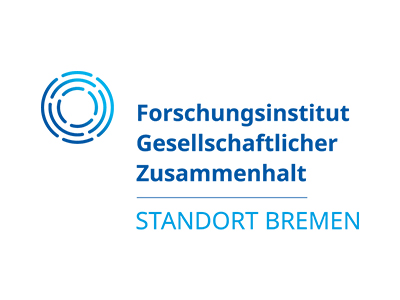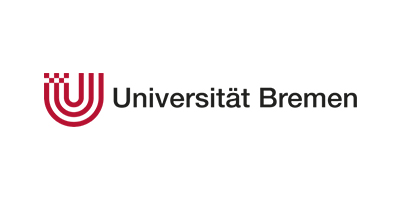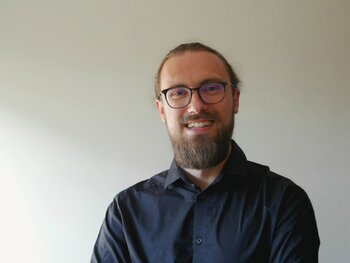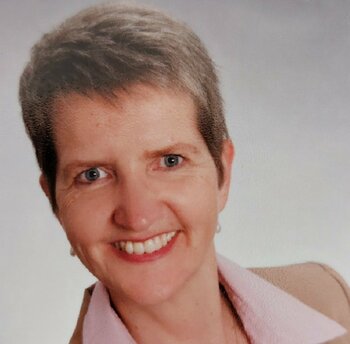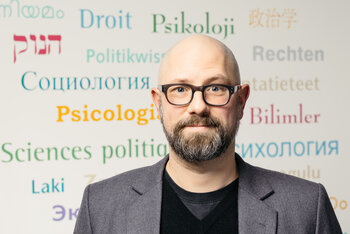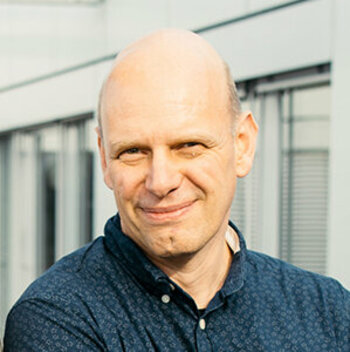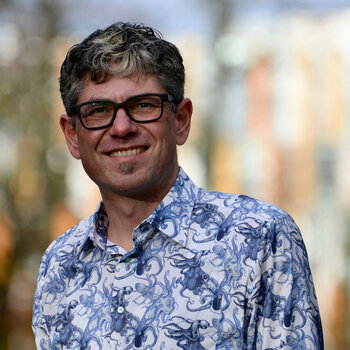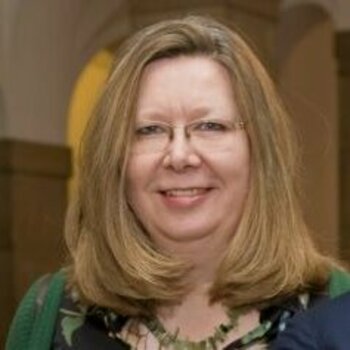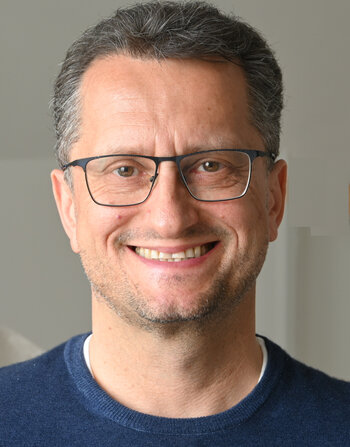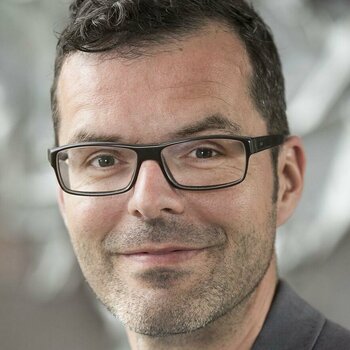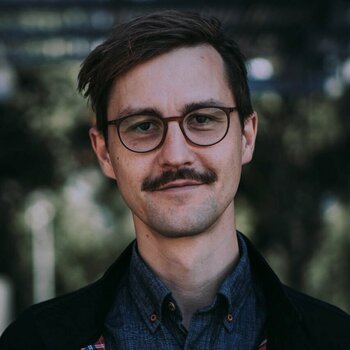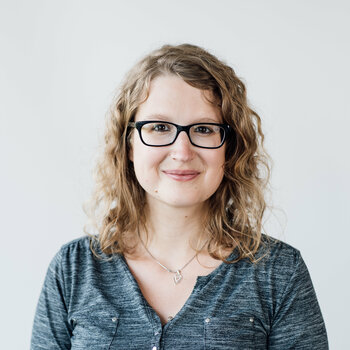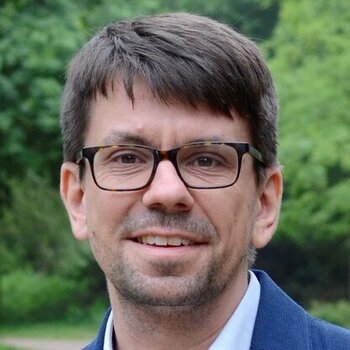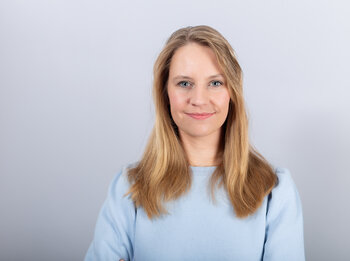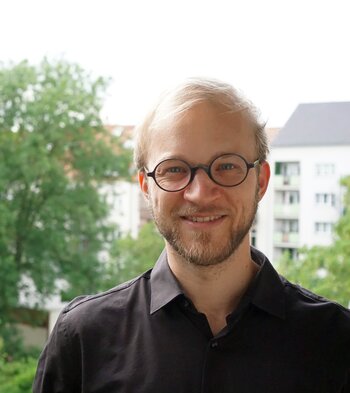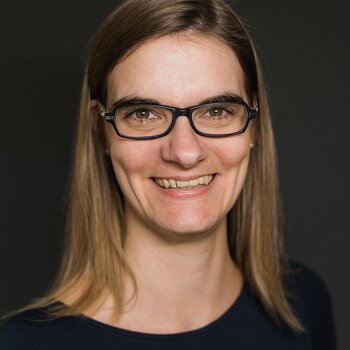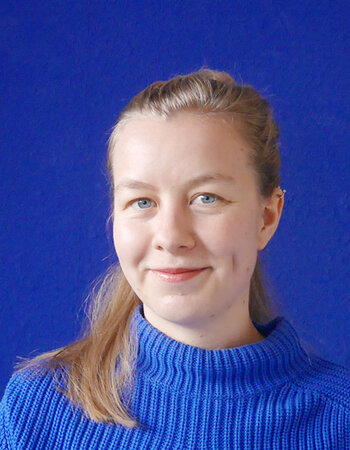At the University of Bremen, an interdisciplinary team investigates questions of social cohesion with regard to social inequalities and political conflicts and seeks dialogue with Bremen's urban society in transfer projects.
In the four-year funding phase, researchers from the "Research Centre on Inequality and Social Policy" (Socium) are participating in five research projects at the Bremen institute, while researchers from the " Zentrum für Arbeit und Politik " (zap), the " Institute Arbeit und Wirtschaft " (iaw) and the " Department of Anthropology and Cultural Research " are involved in two transfer projects. The Bremen location thus brings four central contributions to the work programme of the RISC:
Several research projects, including a qualitative household panel (BRE_F_02), which is jointly carried out with Göttingen, focus on social milieus and their lifestyles. Particular attention is paid to practices—both intended and unintended—that strengthen or endanger social cohesion (BRE_F_01, BRE_F_03). Against the background of structural inequalities in economic resources and social opportunities, a special focus is placed on the competition for status and the relationships and demarcations between different milieus in the middle of society and the milieus of the lower and upper classes. With the help of quantitative and qualitative methods, individuals are examined in various collective contexts ranging from partnership and household, class and milieu affiliation to civil society involvement and political participation. Their actions are holistically understood as a synchronous and diachronic way of life, from which the respective understanding of social cohesion as well as the resources and practices of activities relevant to cohesion, and in particular political orientations, emerge. In cooperation with Bielefeld, local protest dynamics in selected cities will be examined with regard to their impact on social cohesion (BRE_F_04). In another project, the reactions and changes on the supply side of political party systems that are associated with the emergence or strengthening of populist parties will be investigated (BRE_F_05). From a perspective of the future, the developments of social inequalities in the sense of differentiation of social milieus, the changes in urban protest cultures, and the developments of the party system in the sense of the political representation of social-moral voters can be thought of together in order to better understand the field of tension between inequality, cohesion, and politics in a national context and international comparison.
The transfer projects, which are closely linked to the research projects, develop new transfer formats on the basis of many years of experience with participatory and collaborative knowledge production, which are also available to other sub-institutes. Here, too, we focus on formats that address cohesion within and between social milieus. We are interested in the conditions and possibilities of mutual understanding and communication between social milieus and the ability to reflect on the milieu-bound aspects of lifestyle (BRE_T_01). Communication between science and politics is of particular importance in this context. The shaping of this relationship is the subject of further analyses at local and municipal level (BRE_T_02).
Together with other locations, work is being done both on the further development of the standardised survey and evaluation procedures required in particular in the central cohesion panel and on the methodological problems of a qualitative household panel, and new "mixed methods" designs are being tested.
Together with Frankfurt and Leipzig, Bremen coordinates the work of the RISC across eleven sub institutes and is responsible in particular for setting up the data centre in Bremen.
Research Projects
All research projects at the Bremen site can be found here.
Aktuelles
Wie viel Ungleichheit verträgt das Land?: DGB-Konferenz diskutiert Verteilungsfragen
» Externer LinkRadical right and anti-vax protests between movements and parties: a comparative study
Bremer Politikwissenschaftler tippt auf Dreierbündnis in Brandenburg
» Externer LinkTeam
Dr. Julian B. Axenfeld
Dr. Jean-Yves Gerlitz

Prof. Dr. Olaf Groh-Samberg
Dr. Matthias Güldner
Prof. Dr. Sebastian Haunss
Prof. Dr. Andreas Hepp
Prof. Dr. Betina Hollstein
Dr. Sebastian Jürss
Prof. Dr. Thomas Kern
Prof. Dr. Andreas Klee
Dr. Arne Koevel
Jessica Nuske

Svenja Oltmanns
Prof. Dr. Patrick Sachweh

Tim Schröder

Prof. Dr. Wiebke Schulz
Anne Speer


